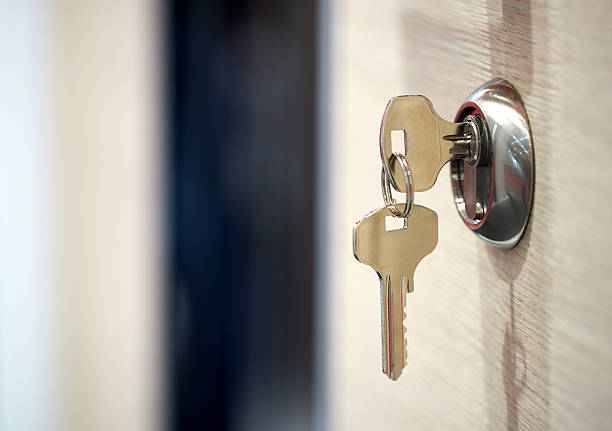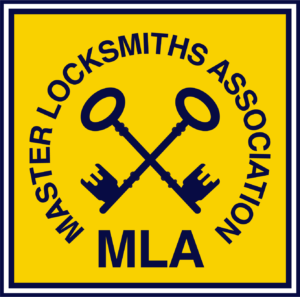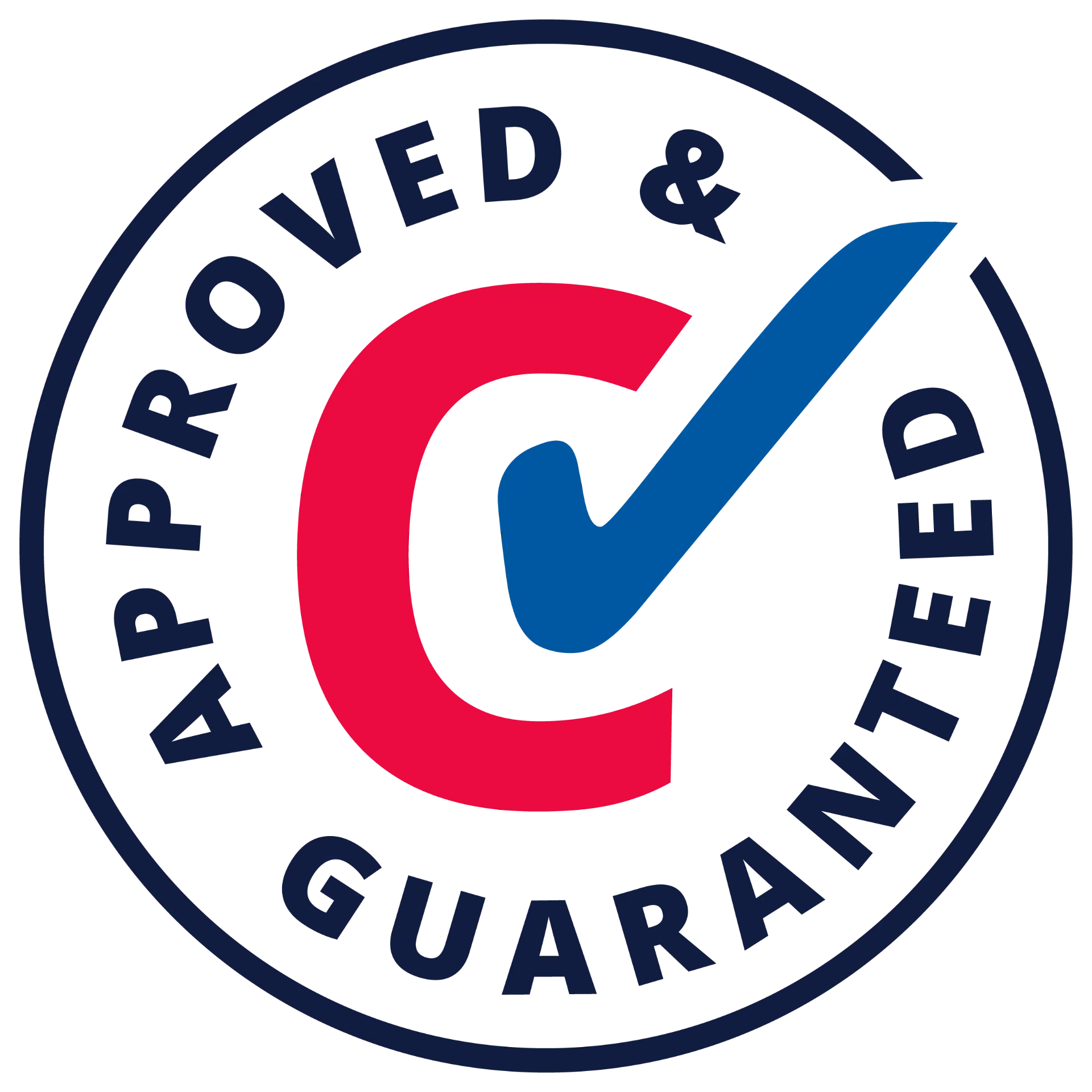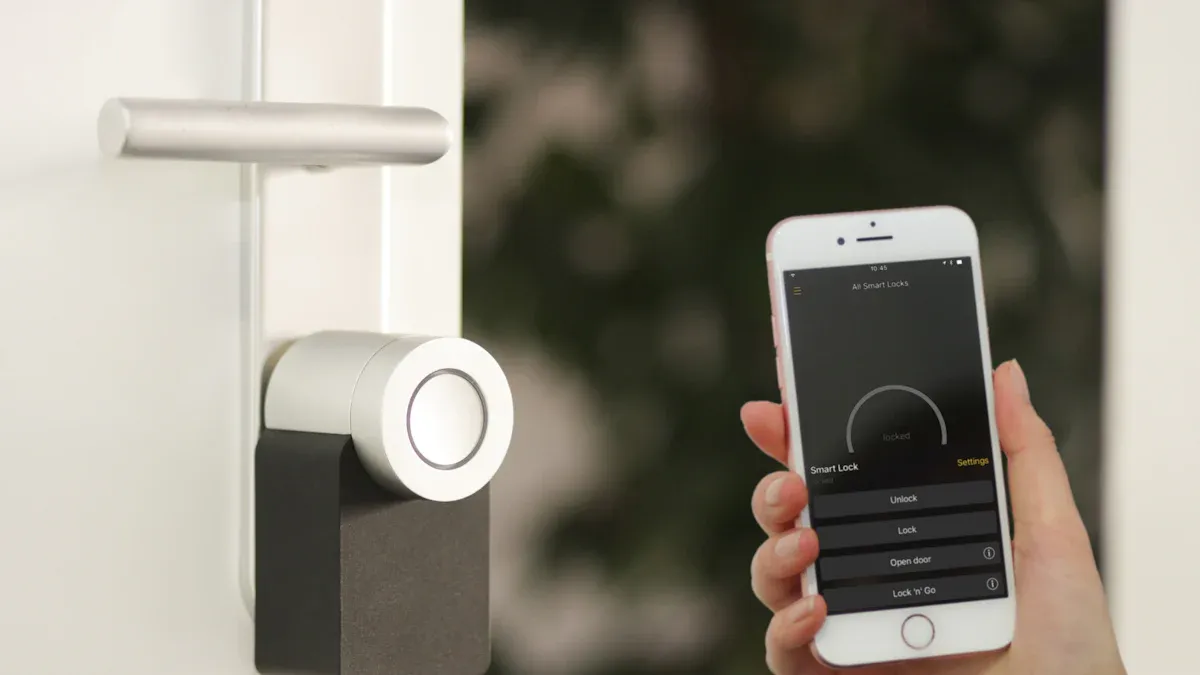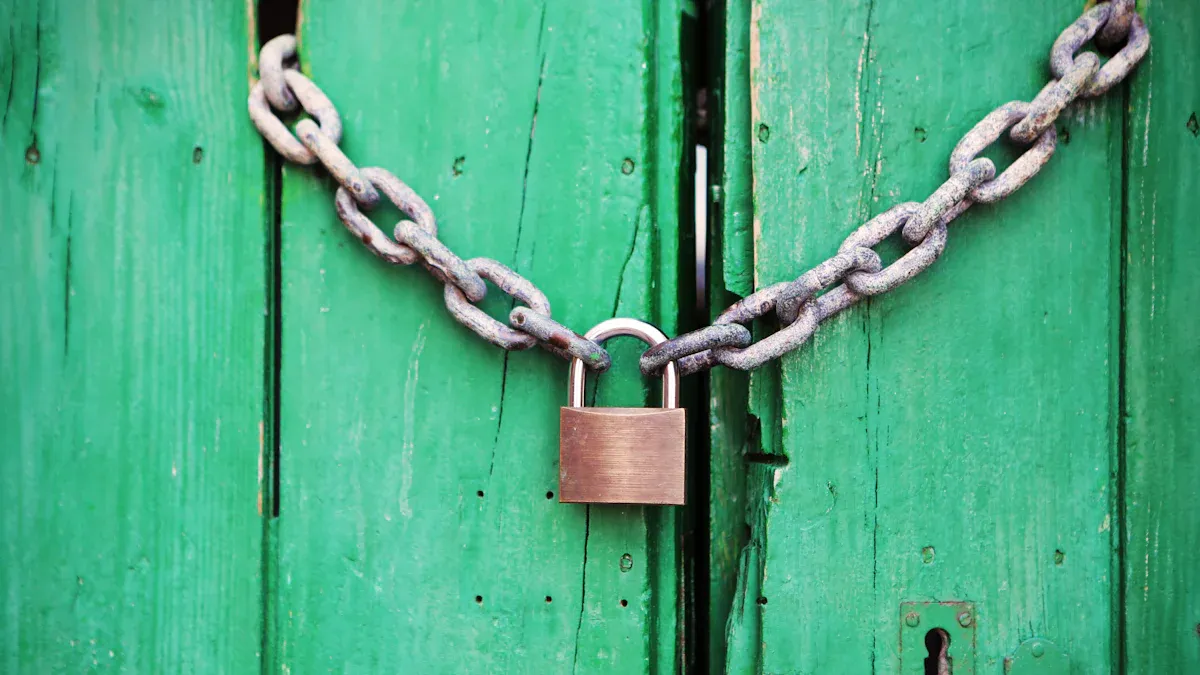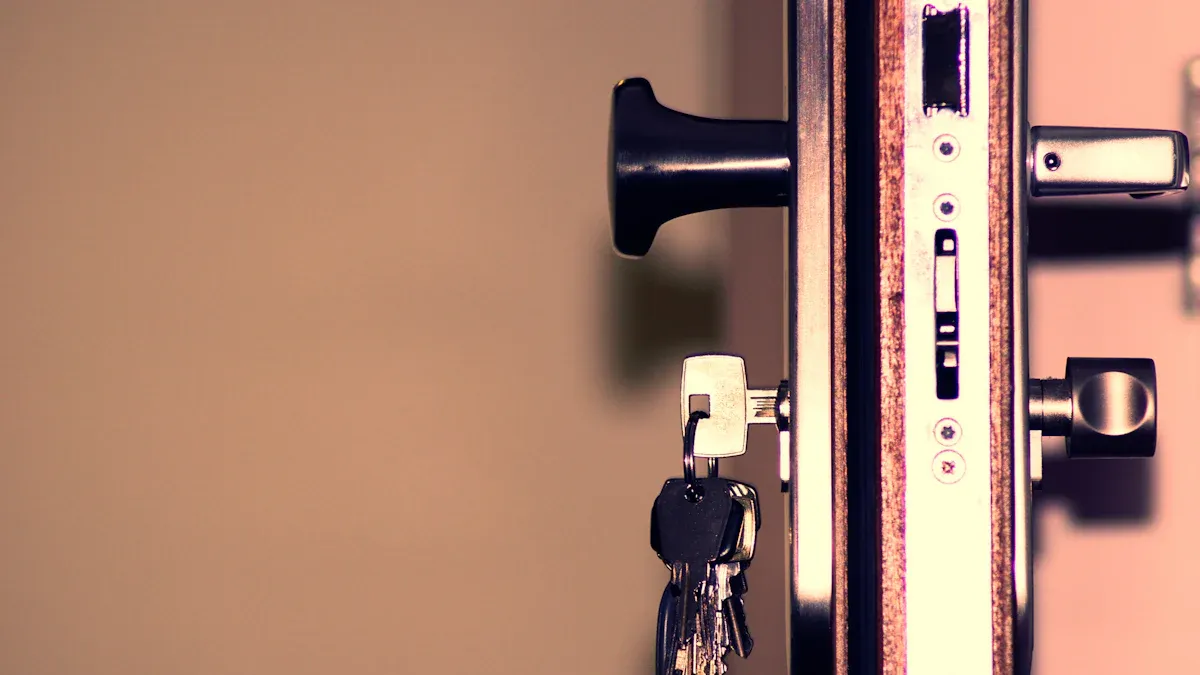Emergency Locksmith 24/7
Locked out or need urgent help? Rapid, damage-first approach, day or night.
Rapid response locksmith for lockouts, broken keys, failed cylinders or nightlatches. We prioritise non-destructive entry, provide clear pricing before work, and secure the property before we leave. Typical ETA in your area: 20–45 minutes depending on traffic and time of day.

